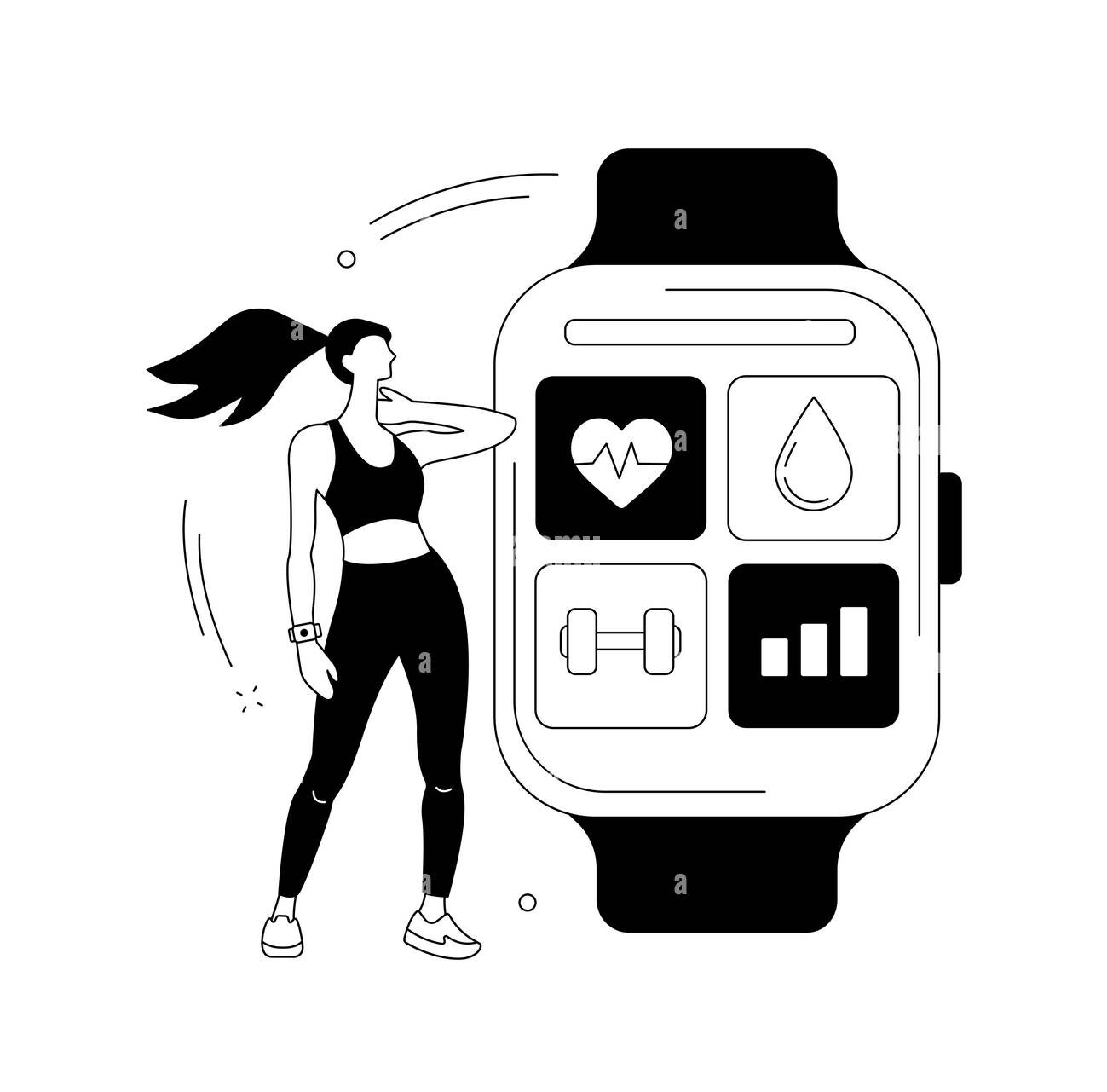Tracking Fitness Progress with Wearables: A Game-Changer for Personalization in Fitness

In recent years, the fitness landscape has undergone a seismic shift, propelled largely by technological innovation. At the forefront of this evolution are wearable devices, which have emerged as essential tools for individuals seeking to enhance their fitness journeys. These devices not only enable users to monitor their physical activities but also play a critical role in personalizing fitness strategies.
In this blog post, we will explore how tracking fitness progress with wearables signifies a remarkable transformation in the way individuals approach fitness, fostering a culture of customization that meets personal needs and goals.
The Rise of Wearable Technology in Fitness
Wearable technology has grown exponentially, with products ranging from fitness trackers and smartwatches to advanced heart rate monitors and GPS-enabled devices saturating the market. According to a report by Statista, the wearables market is expected to expand significantly, with revenues surpassing $60 billion by 2023. This surge in adoption can be attributed to several key factors, including advancements in technology, increased awareness of health and wellness, and a growing desire for personalization in fitness routines.
As consumers become more health-conscious, they are looking for ways to monitor their progress effectively. Wearables provide real-time feedback on various metrics, including steps taken, calories burned, heart rate, sleep patterns, and even stress levels. Armed with this data, individuals are better equipped to make informed decisions about their fitness routines, leading to more significant results and sustained engagement.
Understanding the Benefits of Wearables
Fitness wearables offer a myriad of benefits that extend beyond simple step counting. They allow users to track heart rate, sleep quality, and even stress levels. This data serves as a foundation for tailored fitness plans, enabling users to set informed goals and make adjustments based on real-time feedback. For instance, insights into sleep patterns can help optimize recovery, while heart rate monitoring during workouts ensures exercises are performed within targeted intensity zones.
Check our app Improof, which connects with a fitness watch to fetch all the data in a personalized dashboard. Improof redefines health tracking by providing a platform where users can connect their smartwatches, select specific data types to fetch, and view their health data through a personalized dashboard.
Enhancing Personalization through Data
This data-centric approach enables users to create personalized workout plans that reflect their specific needs and preferences. For example, if a user notices that their heart rate spikes dramatically during high-intensity interval training (HIIT), they might choose to incorporate more moderate-paced workouts into their routine. Alternatively, users looking to improve their endurance can assess their progress over time by monitoring long-distance runs or cycling sessions.
Further, many wearables are linked to mobile applications that aggregate data and offer actionable insights. These applications often use algorithms to recognize patterns and suggest modifications to current fitness plans. This high level of customization empowers users to take ownership of their fitness journey, promoting accountability and motivation. When individuals witness tangible evidence of their progress, they are more likely to stay committed to their goals.
Integrating Wearables into Your Fitness Routine
To maximize the benefits of fitness wearables, users should aim to integrate these devices into their daily routines. Setting clear objectives, such as daily step goals or specific workout targets, can enhance the effectiveness of tracking. Moreover, engaging with community features available in many wearable platforms can foster accountability and motivation through shared experiences.
The Future of Fitness Personalization
As we look to the future, it is clear that the combination of wearable technology and data analytics will continue to redefine fitness personalization. Innovations in artificial intelligence and machine learning are poised to take personalization to the next level. Future wearables may be able to predict fitness trends based on individual data, offering tailored recommendations that evolve with users’ lifestyle changes and fitness levels.
Furthermore, the growing integration of wearable technology with smart home devices and the Internet of Things (IoT) is set to create an even more immersive fitness experience. Imagine a scenario where your smartwatch communicates with your home gym equipment to adjust settings based on your heart rate and performance benchmarks.
In conclusion, fitness wearables are revolutionizing the personalization of fitness by offering detailed insights that empower individuals to take charge of their health. By tracking progress and tailoring fitness plans, these devices not only support personal goals but also promote a sustainable approach to wellness. As technology continues to advance, the integration of wearables into fitness routines will undoubtedly remain at the forefront of personalized health solutions.
Schedule a free consultation call or fill out our form to embrace the change and take the next step in your fitness journey with MOD today.


